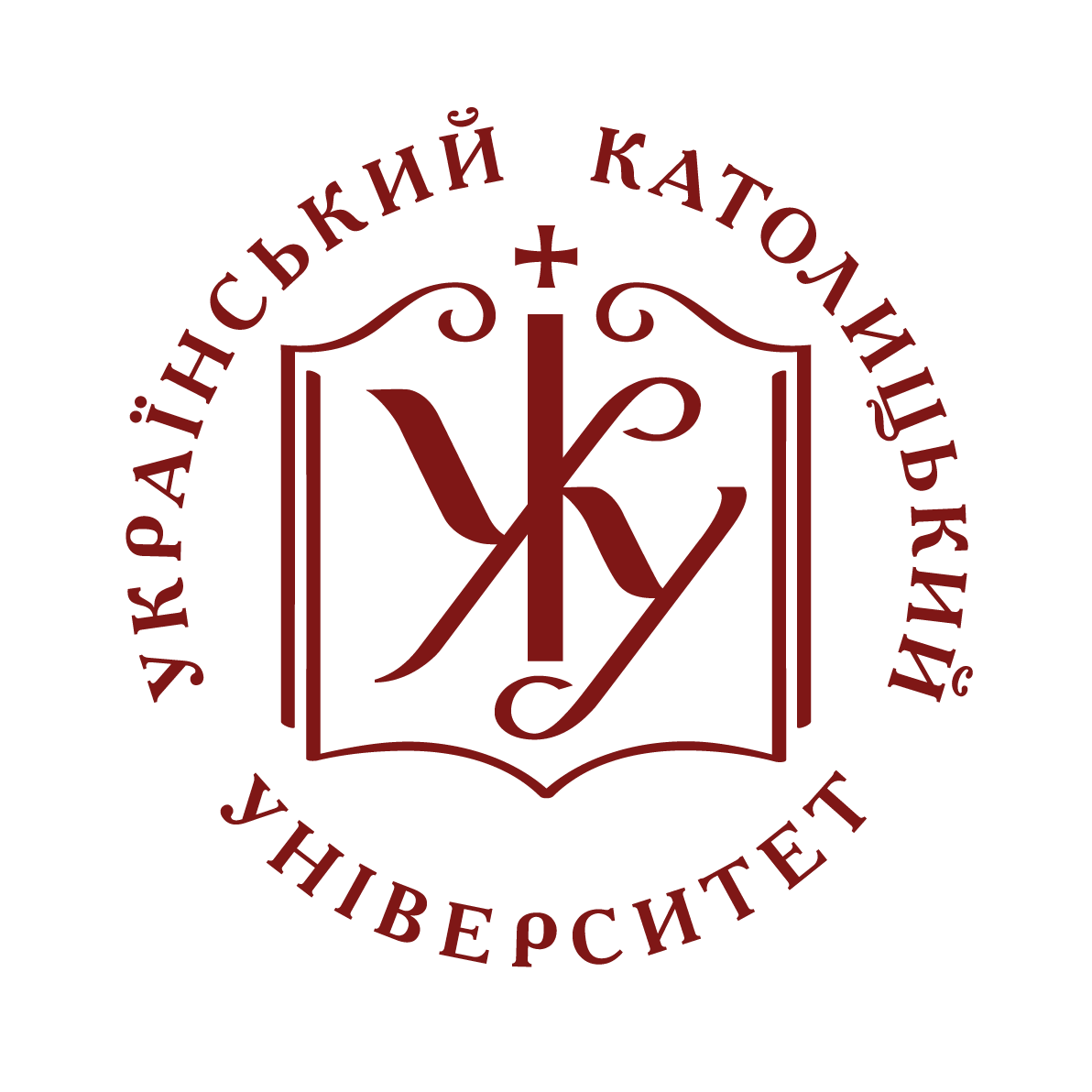- Домівка
- →
- Naukovi Zapysky UCU [Annals of the UCU] | Наукові записки УКУ
- →
- Cерія "Богослов'я"
- →
- 2018 (вип. 5)
- →
- Перегляд матеріалів
Сценарії JavaScript вимкнено для Вашого браузера. Деякі функції цього сайту не будуть працювати без них.
Показати скорочений опис матеріалу
| dc.contributor.author | Лінтнер, Мартін М.
|
|
| dc.date.accessioned | 2020-01-27T12:25:01Z | |
| dc.date.available | 2020-01-27T12:25:01Z | |
| dc.date.issued | 2018 | |
| dc.identifier.citation | Лінтнер М. М. Духовність шлюбу в римо-католицькій церкві після Другого Ватиканського собору / Мартін М. Лінтнер // Наукові записки УКУ. - 2018. - Ч. 11: Богослов’я, вип. 5. - C. 181-194 | uk |
| dc.identifier.uri | http://er.ucu.edu.ua/handle/1/1884 | |
| dc.description.abstract | Побіжного погляду на традицію Латинської Церкви досить, щоб переконатися: протягом багатьох віків Церкві було дуже важко належно оцінити «красу людської любові», а зокрема й сексуальної близькості. Сексуальну любов толерували як конечне зло тільки в контексті вчення про мету шлюбу. Другий Ватиканський собор запровадив під цим оглядом певні зміни і – не в останню чергу завдяки оновленому акцентові на біблійних судженнях про шлюб та подружню любов – дав змогу поновно відкрити й по-новому оцінити значення статевої близькості для християнського розуміння шлюбу, тобто для подружньої духовності. Це дозволило в світлі віри пояснити ціле шлюбне життя як зустріч з люблячим Богом: в духовному аспекті і в чуттєвому вимірі, в його аспектах краси та людського досвіду обмеженостей, зранення та провини. Шлюбні обітниці та подружня вірність служать відлунням Божого фундаментального утвердження кожної людини, Христової вірності Церкві. Це схоже на «смак» обіцяного спасіння: Боже «так» в кінці буде сильніше, ніж будь-яке людське заперечення. | uk |
| dc.language.iso | uk | uk |
| dc.subject | духовність шлюбу | uk |
| dc.subject | подружня любов | uk |
| dc.subject | сексуальна етика | uk |
| dc.subject | matrimonium ratum et consumatum | uk |
| dc.title | Духовність шлюбу | uk |
| dc.type | Article | uk |
| dc.contributor.translator | Скакун, Роман | |
| dc.status | Опублікований і розповсюджений раніше | uk |
| dc.description.abstracten | A look at the tradition of the Latin Church reveals how difficult it had found it for centuries to appreciate the “beauty of human love,” which especially includes sexual intimacy. Instead, sexual love was tolerated as a necessary evil only within the context of the doctrine on the purpose of marriage. The Second Vatican Council implemented a change and made it possible to rediscover and re-evaluate the importance of sexual intimacy for the Christian understanding of marriage or for a spirituality of marriage, thanks not the least to the reaffirmation of biblical statements about marriage and conjugal love. This allows an interpretation in the light of faith of the entire marital life as an encounter with the loving God: in its spiritual aspects as well as in the sensual dimension, in its beautiful aspects as well as in the human experiences of limits, brokenness, and fault. The marriage vows and marital faithfulness serve as an echo of God’s fundamental affirmation of every human being, of Christ’s fidelity towards his Church. It is like the “taste” of the promised salvation: God’s “yes” at the end will be stronger than every human denial. | uk |
Долучені файли
Даний матеріал зустрічається у наступних зібраннях
-
2018 (вип. 5) [17]
Наукові записки УКУ. - 2018. - Ч. 11 : Богослов’я, вип. 5.


